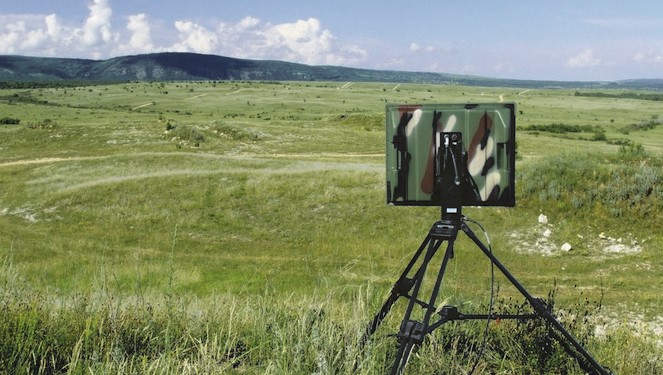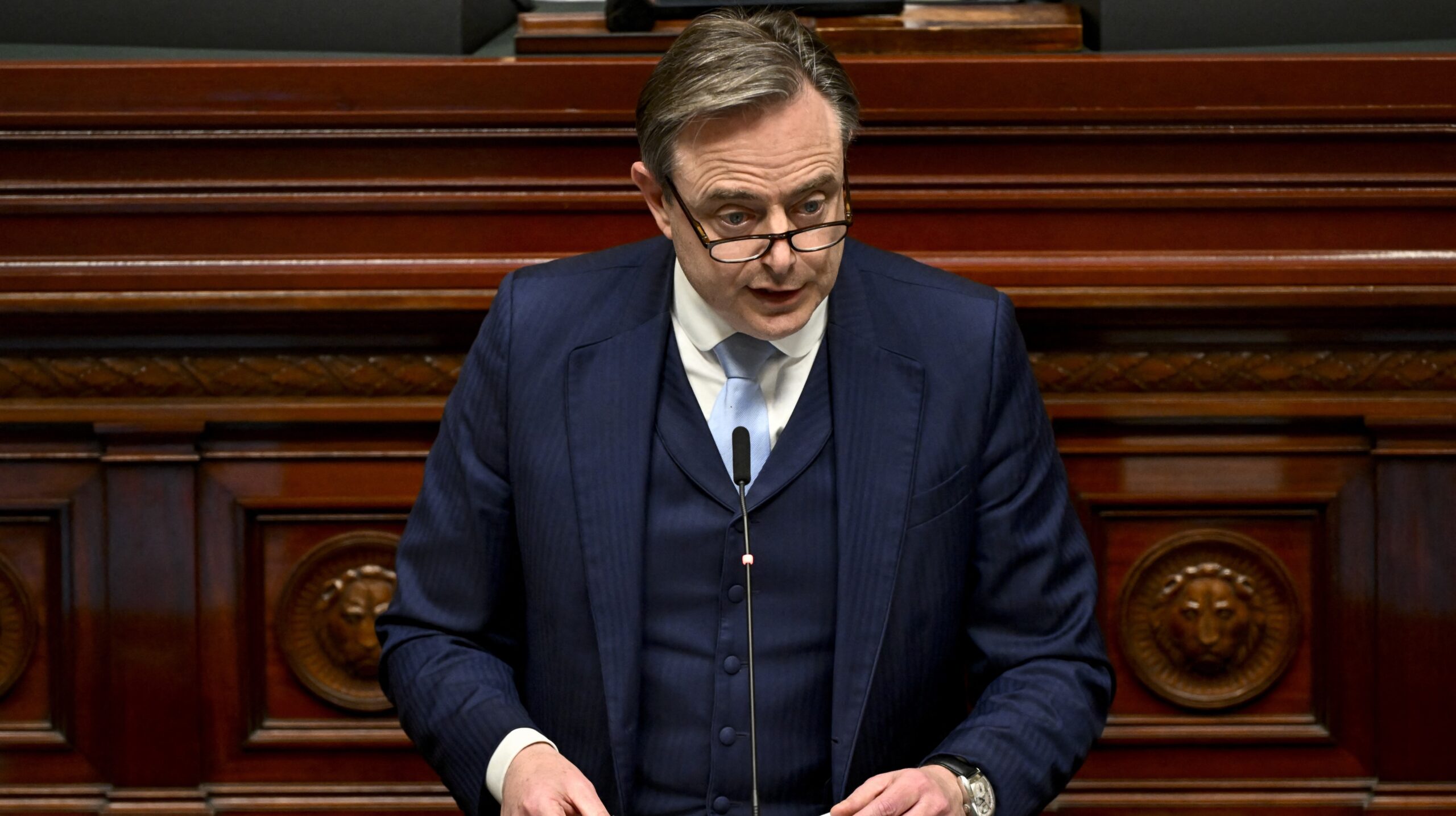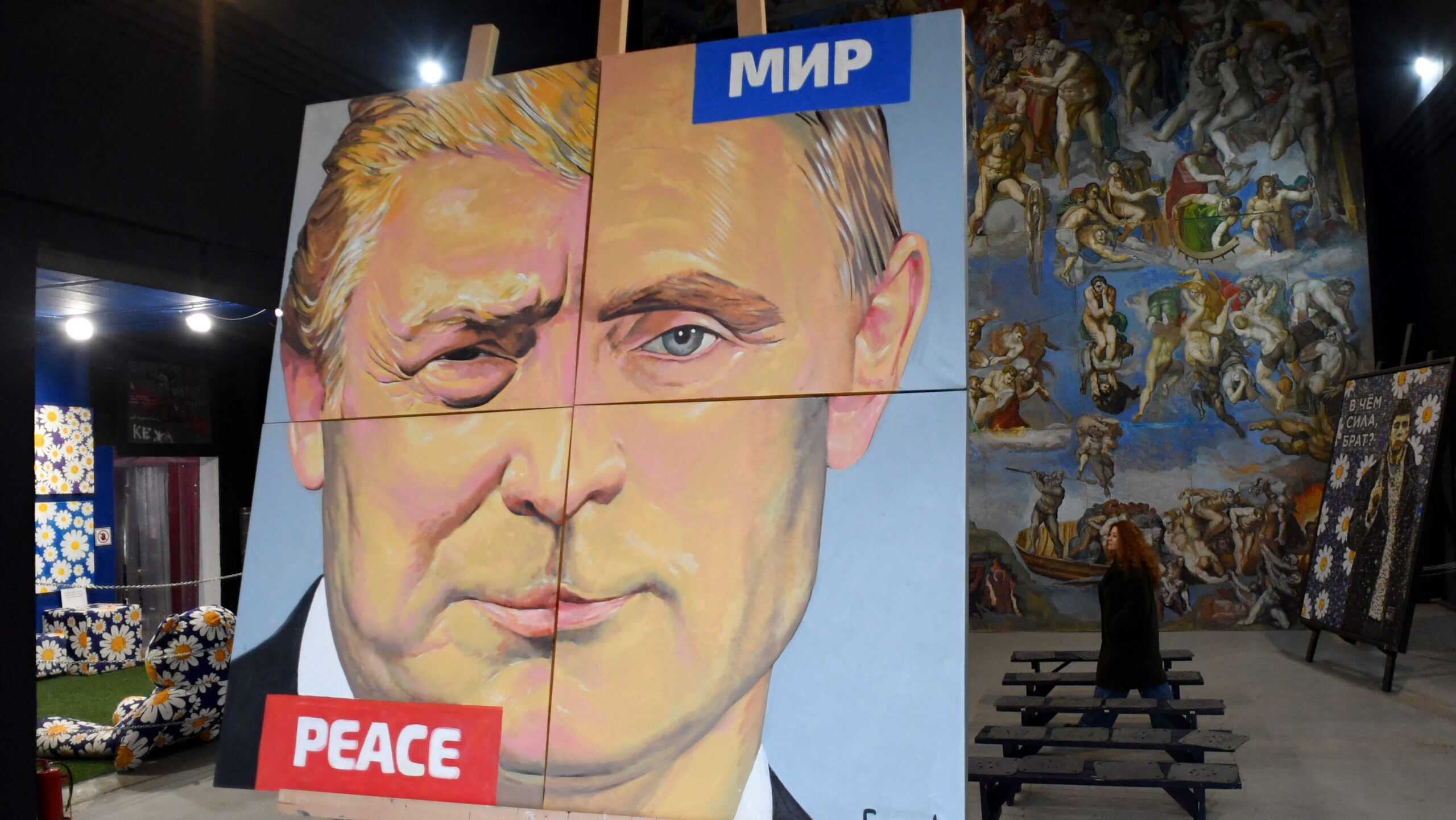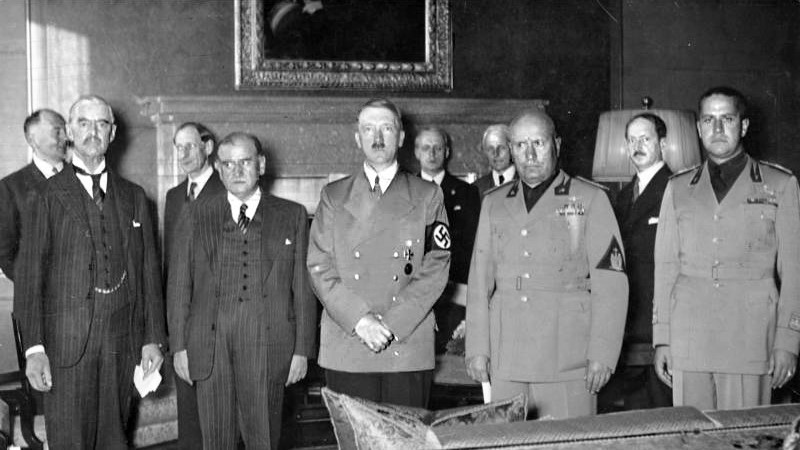
Mystery Grows After NATO Chief Rutte Claims US Soldiers Dead in Lithuania
Four US soldiers stationed in Lithuania went missing on Tuesday during a training exercise near the Lithuanian–Belarusian border. On Wednesday NATO Secretary General Mark Rutte claimed that the troops had been killed; however, the US Army and the Lithuanian Armed Forces stated that the search is still ongoing.









